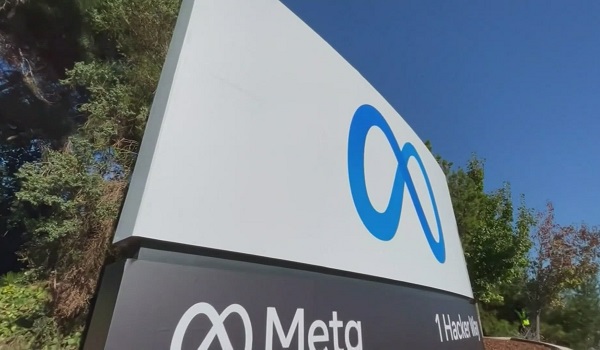International master’s students call on B.C. government to reassess immigration program requirements
International master’s students in British Columbia are urging the provincial government to reassess its new requirements to an immigration program that facilitates permanent residency, as the sudden update will significantly impact plans for those who are already enrolled in or accepted by postsecondary institutions.
The provincial nominee program, or PNP, currently allows graduate students studying in fields such as natural, health and applied sciences at various postsecondary institutions to directly apply for PR upon graduation.
However, under the latest changes, which take effect January, 2025, students will be required to hold a minimum one-year, full-time job offer in a skilled occupation and pass an English language proficiency test to qualify for the PNP.
The update has unsettled many international students who say they built lives around the current policy and made considerable sacrifices, including turning down offers elsewhere, selling properties and quitting jobs. They are now asking the province to consider introducing a transition period or a grandfather clause for those who enrolled before December, 2024.
Last Saturday, hundreds of students took to the streets of Vancouver, chanting slogans such as “old students, old policy.”
Estelle Guo, who attended the rally, said many chose B.C. because they were drawn in by the PNP.
“But if the policy ends abruptly, it’s unfair to us,” said Ms. Guo, who was admitted to a three-year computer science program at Northeastern University last fall.
Jacob Xue, who is pursuing graduate studies in Science in Energy Management at New York Institute of Technology, said that, if he had known the policy would change, he would have re-evaluated his choice.
Mr. Xue considered moving abroad during China’s zero-COVID-19 era, marked by strict lockdowns and extensive testing. His search online led him to B.C.’s PNP. Consequently, he quit his job as a technician director at an oil-field service company in Beijing.
After being accepted by NYIT, he relocated to the Vancouver area with his wife and two children, and started his master’s course in January.
“We held great hope when we came, but now the future becomes uncertain,” he said.
According to B.C.’s Ministry of Municipal Affairs, a detailed summary of the program updates will be available in late 2024. The ministry did not comment on the students’ demands but provided an e-mailed statement saying graduates of master’s programs can receive a three-year open work permit, giving them ample time to meet the qualifications.
But Ms. Guo said some students have utilized their one-time work permit option during their undergraduate studies.
For 2024, there are roughly 3,000 B.C. PNP nominations spots available for the international graduate streams – or enough to serve just under 5 per cent of postgraduation work permit holders.
Premier David Eby said at an unrelated news conference last week that the update will more accurately mirror the competitive nature of this program, with heightened standards reflecting the high demand.
He noted that certain unscrupulous immigration brokers and others were misleading individuals by portraying the provincial program as easily accessible, when in fact, the reality was quite different.
“We brought the guidelines more in line with the reality for people who are applying to the program so that they understand in advance what standard they need to meet to be able to access one of these limited spots,” he said.
As a result of the change, some students who were set to attend B.C. postsecondary institutions are already considering alternative paths.
Kris Chen, currently studying computer science at Carnegie Mellon University, will begin at Simon Fraser University this fall. With a keen interest in the gaming industry, he plans to establish his own startup or studio after obtaining PR once he graduates from SFU’s digital media program.
“I’m really worried because it physically ruins my whole plan,” Mr. Chen said, adding he’s unsure whether founding his own startup qualifies for the new job requirement.
If a grandfather clause will not be considered, he said he will take a job offer he’s received from Silicon Valley.
In January, Ottawa announced that it would impose an immediate cap on the number of international study visas over the next two years. Subsequently, Mr. Eby announced that international student numbers will be reduced in private colleges and universities.
The idea behind the changes to PNP “fits in with the wider strategy of protecting the public, by controlling the schools and, importantly, financially motivating the schools to make sure things go right for the students,” said Richard Kurland, a Vancouver-based immigration lawyer.
This article was first reported by The Globe and Mail













